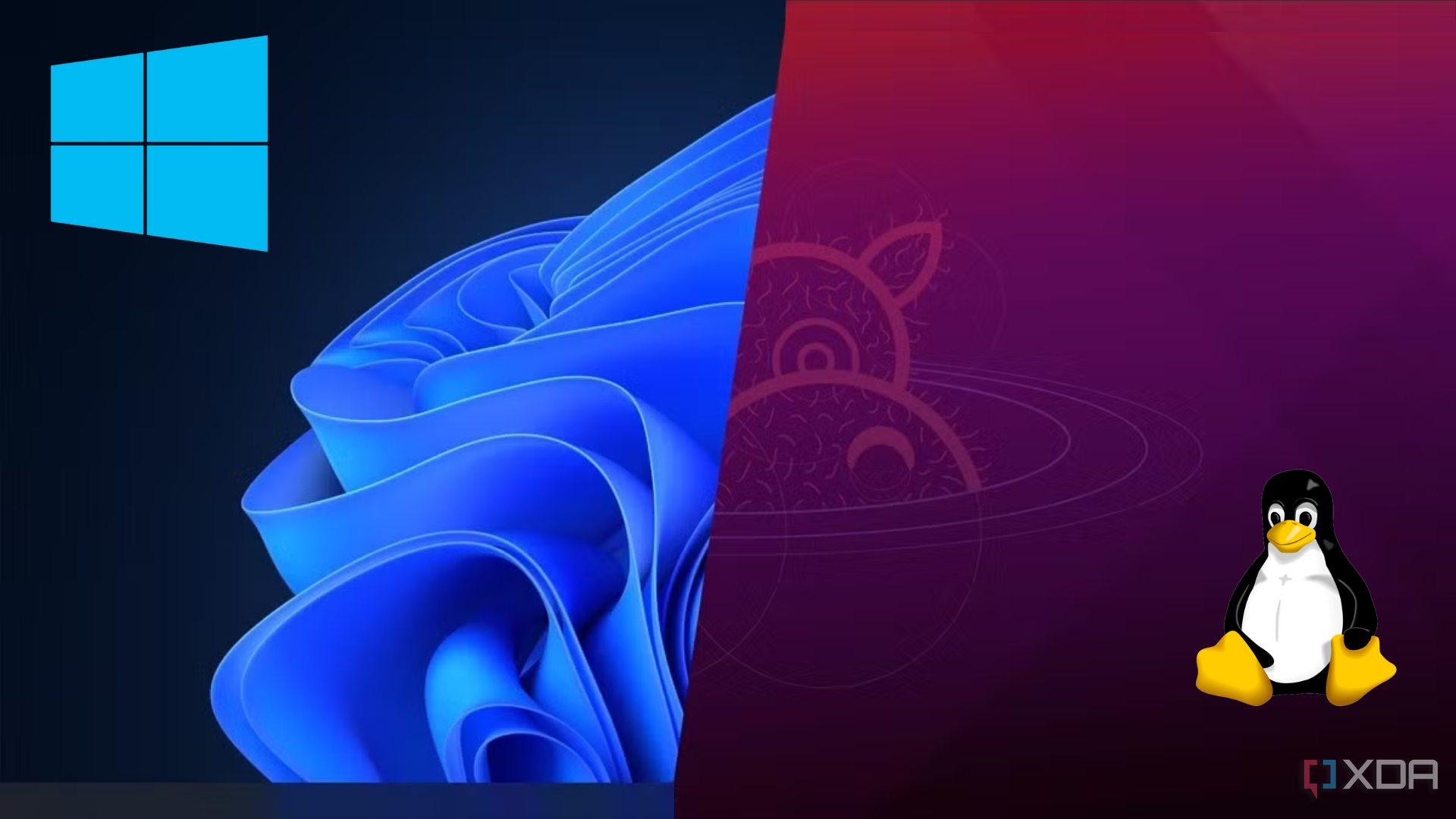URGENT UPDATE: Microsoft is intensifying efforts to steer users away from creating local accounts on Windows 11, pushing for Microsoft account sign-ins instead. This shift is raising privacy concerns as users increasingly seek alternatives like Linux, which embraces local account usage by default.
As of October 2023, users have reported increasing difficulty in establishing local accounts on Windows 11. Microsoft’s strategy appears to focus on data collection, with the company favoring Microsoft accounts for user sign-ins. This tactic allows Microsoft to gather valuable user data, which local accounts do not facilitate.
For those prioritizing data privacy and control, Linux emerges as a compelling alternative. Unlike Windows, where creating a local account often feels like a game of cat-and-mouse, Linux distributions default to local accounts, ensuring users maintain their privacy without the complications of online dependencies.
Many users who have migrated to Linux report a seamless experience with local accounts. “I’ve been using Linux for five months now, and not once have I needed to create an online account,” shared a Linux user. This sentiment reflects a growing trend among privacy-conscious individuals seeking to escape the clutches of data-hungry corporations.
The Linux ecosystem offers a variety of distributions that prioritize user autonomy. For instance, Arch Linux allows users not only to create local accounts but also to do so manually during the installation process. This means tech-savvy individuals can customize their setups to an extreme degree, further enhancing their privacy.
In a time where data security is paramount, the choice between Windows and Linux could have profound implications for users. Microsoft’s push towards online accounts can be seen as an attempt to create a more controlled environment, while Linux stands as a bastion of user rights and privacy.
As Microsoft continues to lock features behind its online account system, including some AI tools, the urgency for users to consider alternatives grows. Those looking to maintain their privacy without sacrificing functionality may find the transition to Linux not only appealing but necessary.
The conversation around data privacy is escalating, and as more users become aware of Microsoft’s strategies, the migration to alternative operating systems like Linux could become a significant trend. With new reports confirming that local accounts will remain a staple in Linux, now is the time for users to reassess their options.
As we move forward, watch for developments in user behavior trends and how they may impact software companies’ policies regarding account management. The demand for privacy-centric solutions is likely to increase, prompting a potential shift in how major tech companies approach user data.
In conclusion, while Microsoft makes it increasingly difficult to create local accounts, Linux continues to champion user privacy and autonomy. The choice is clear: for those who value their personal data, moving to Linux may be the best option.






































































